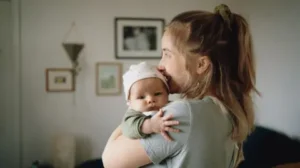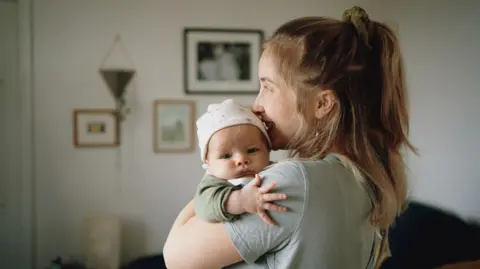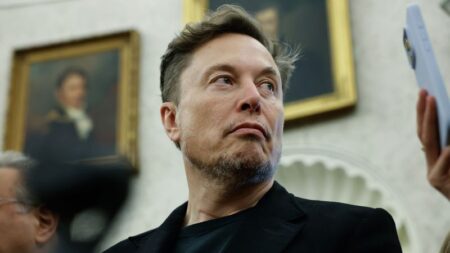The recent announcement by the English government regarding the establishment of “family hubs” across all local authorities signifies a significant investment in child welfare and family support services. Under this initiative, £500 million is allocated with the objective of aiding approximately 500,000 children, particularly in the most disadvantaged areas of England. The government has articulated a vision for these hubs as essential facilities that will offer parenting resources and youth services aimed at fostering stronger family units and enhancing childhood development.
Education Secretary Bridget Phillipson has referred to these “Best Start” family hubs as a crucial lifeline for families. The plan symbolizes an effort not only to provide immediate assistance but also to lay a foundation for long-term improvement in family well-being. However, there has been some critique from the Conservative Party, asserting that the initiative lacks clarity regarding what new services it introduces and whether it constitutes a rebranding of existing initiatives.
The concept of family hubs is not entirely novel; it traces its origins back to the early 2000s when the New Labour government initiated “Sure Start” centres. These were designed to furnish young families with early education, childcare, and health advice. Unfortunately, many of these centres faced closure following austerity measures after 2010, resulting in a significant decrease in resources available to families. It wasn’t until last year that the Conservative government, led by Rishi Sunak, began to revamp the concept, creating 400 new family hubs that provided a broader array of services across 75 local authorities.
The current Labour government has pledged to expand the availability of these hubs to every local council by April 2026, with aspirations to increase the number to as many as 1,000 by the end of 2028. The activities offered at these hubs are set to be extensive, encompassing services such as birth registration, midwifery, debt advice, and youth clubs. This comprehensive approach aims to unify various forms of social and educational support under one roof, making it more accessible for families in need.
Bridget Phillipson emphasized the importance of this initiative, stating that disrupting the correlation between a child’s socio-economic background and their future accomplishments is a primary focus of the government. The launch of the “Best Start” family hubs is being positioned as an important move towards creating equitable opportunities for children from all backgrounds.
However, there is opposition from political figures like Shadow Education Secretary Laura Trott, who has resonated skepticism regarding the government’s claims. Trott points out the lack of transparency regarding what truly constitutes the new services being provided and criticizes the initiative as part of a pattern of unmet promises and policy reversals.
Charity organizations, particularly Save The Children, have welcomed this initiative, recognizing its potential benefits for families seeking help. Dan Paskins, the executive director of policy, advocacy, and campaigns at Save The Children UK, expressed satisfaction with the government’s commitment to uniting parenting, healthcare, and educational support services, affirming that integrated services are effective in meeting family needs.
In conclusion, the launch of family hubs across England is a critical development in the realm of social policy and child welfare. While the initiative promises significant benefits for families in need, the success of the program will depend on its implementation and the clarity provided regarding its services. There is hope that these hubs will not only support families but also foster an environment where children can thrive, ultimately contributing to a more equitable society. The pathway towards achieving these aims will, however, necessitate vigilant monitoring and sustained commitment from government authorities and community partners alike.











